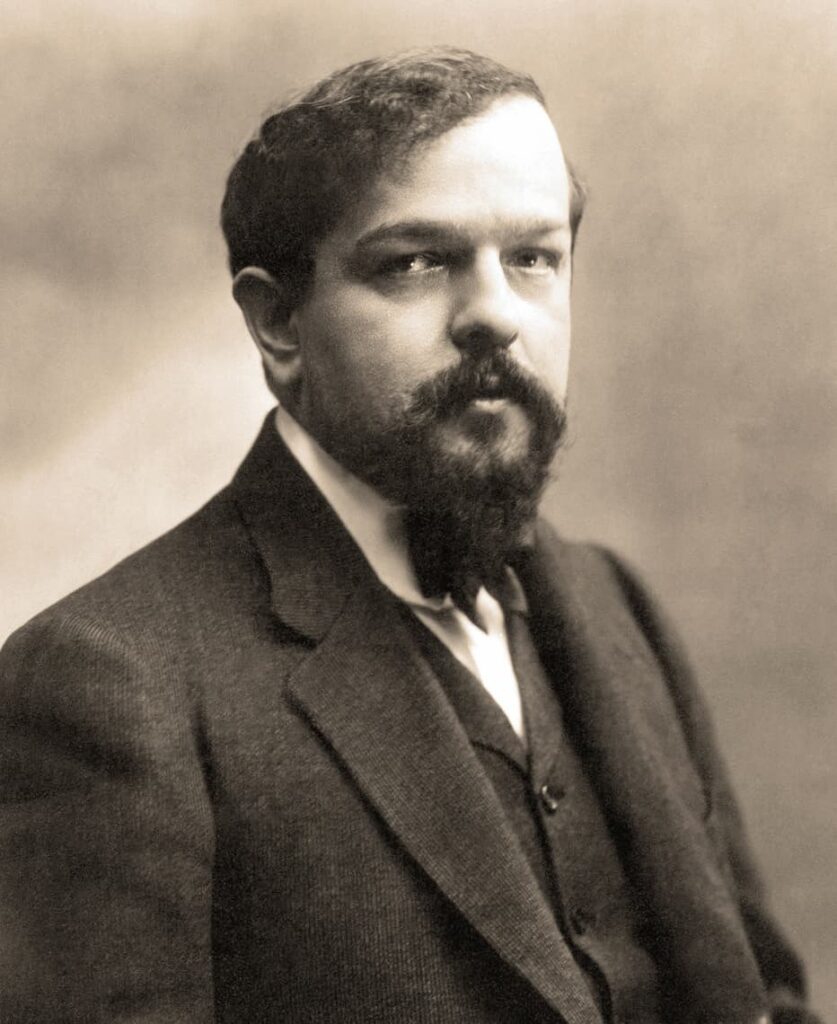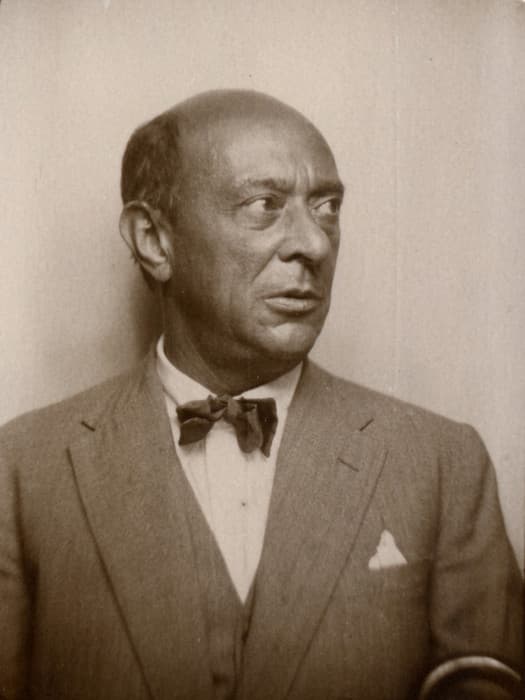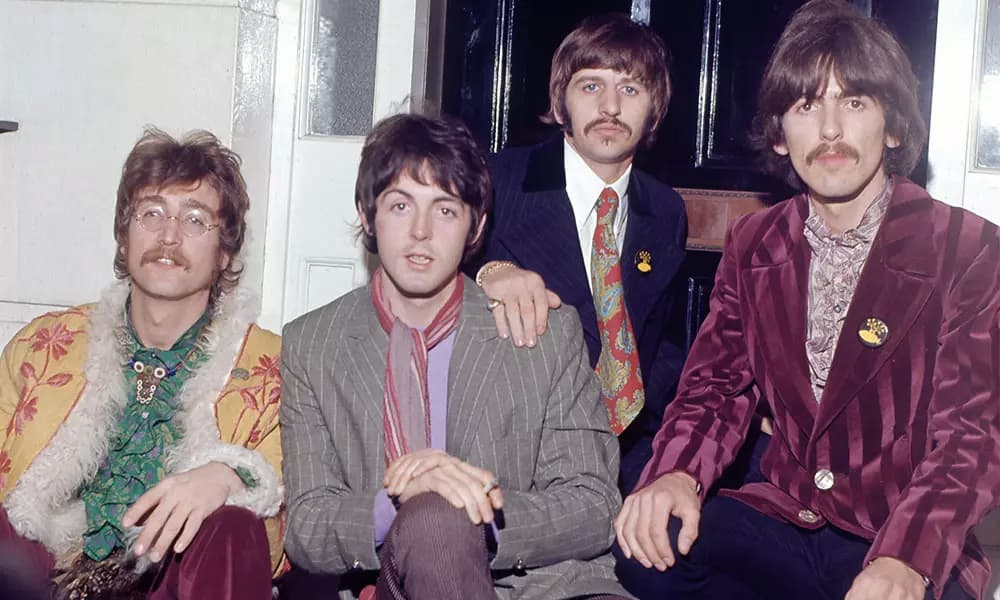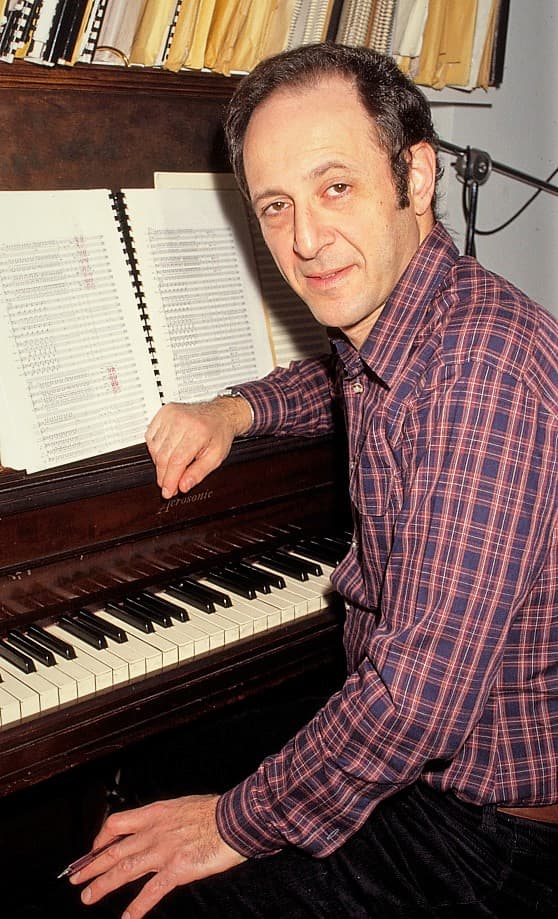Modern music. Can we ever get used to it? Oftentimes, we think of modern music as being for the elites; over-intellectual, and ultimately, unlistenable. It is very rich though, and many schools came out of the modern movement.

Nadar: Debussy 1908
From the early impressionists Debussy, Ravel or Satie to the expressionists Schoenberg, Webern and Berg, the primitivism of Stravinsky and Bartók, the futurism of Russolo, the American Ives, Cowell or Becker, the neoclassicism of Stravinsky and Prokofiev, the French Honegger, Milhaud and Poulenc, the Darmstadt school of Boulez, Nono and Stockhausen and the New York school of Cage, Brown or Feldman. Cage, Cowell, Glass and Reich also experimented with new ways to approach music, such as in their musical notation, performance (or absence of performance) of their works, duration (and particularly on the reduction of time), and repetition. Modern music is immensely profound and diverse. So why is it still sometimes perceived like this? Let’s have a look.

Arnold Schoenberg, ca. 1930
A bit of background first; the later works of Liszt, Scriabin or Debussy eventually led to composers such as Schoenberg and the New Vienna school. From this moment in time, it all changed. Just like abstract art turned painting on its head, the atonal music of Schoenberg revolutionised the thinking of music. Harmony and melody were not at the center of attention anymore and the laws of nature were ignored.
Arnold Schoenberg: Piano Concerto Op.42
Now a bit of history too. From the New Vienna school, modern music diverged somewhere during the last quarter of the 20th century. On one side, tonal music; on the other, atonal music. Tonal composers include Shostakovich and Britten, then Glass and Reich and the entire schools of post-minimalism. Atonal European composers include Messiaen, Boulez, Nono and Stockhausen all following in the footsteps of Schoenberg and Webern, and atonal North American composers include Babbitt, Cage, Carter and Cowell. It is often difficult to even go through a full piece of modern music. It is either too repetitive, or lacks melody, or emphasizes dissonance too much — but that is purely due to a lack of experience and context. In fact, oftentimes, when one starts to understand it, the hostility towards modern music breaks. Modern music has certainly put some of its listeners off. But then again, probably just as much as the elite society created around traditional classical music and maintained through the conservatories, opera houses, and atmosphere around it has put a lot of potential listeners off.
John Cage: One (1987)
Altogether, one of the objectives of music is to reflect the times it lives in. Therefore, when we find modern music to be complex and difficult to comprehend, then perhaps it has succeeded at reflecting what the modern world is. And for those of us who find it unattractive this might be a perfect mirror of the societies that inhabit it. However, we must not reject modern music for its substance or its form. We must not underestimate the influence that it has had on the rest of the musical world. In many ways modern music is the engine that currently drives musical progress in general. In the past century, for instance, and without modern music, The Beatles would have never released Revolver and started the musical revolution that followed in the popular world. In the modern classical landscape today, it is worth noting that Berio taught both Richter and Einaudi. Today, both are some of the most well-known composers.

The Beatles © Jeff Hochberg/Getty Images
To further open up the discussion about modern music, we should be conscious of the power of assimilation. What seems modern, avant-garde or difficult to comprehend changes with experience. At first, we might find Beethoven’s latest period challenging, but then we might discover Stravinsky and Bartók, and then Bern and Webern, and then Berio and Stockhausen, and all of a sudden Beehoven sounds quite normal. Each recent discovery allows the past one to settle as familiar and understandable. Going back to Beethoven or Stravinsky; both have composed works which at their time were scandalous, and yet today we have accepted it. Is modern music all a matter of time and perspective, it seems it is, so let’s give modern music a chance, before we are the ones that are old-fashioned!

Steve Reich © Wikipedia
Eventually, when one looks back at it, modern seems to be a little outdated now. As contemporary music develops, it seems modern music becomes less modern. What is certain though, is that there has never been a richer moment in history when it comes to diversity of music. From its birth with Debussy to Reich today, there are a plethora of routes to navigate and for one to understand, and get used to modern music, it is actually quite simple!
For more of the best in classical music, sign up for our E-Newsletter



